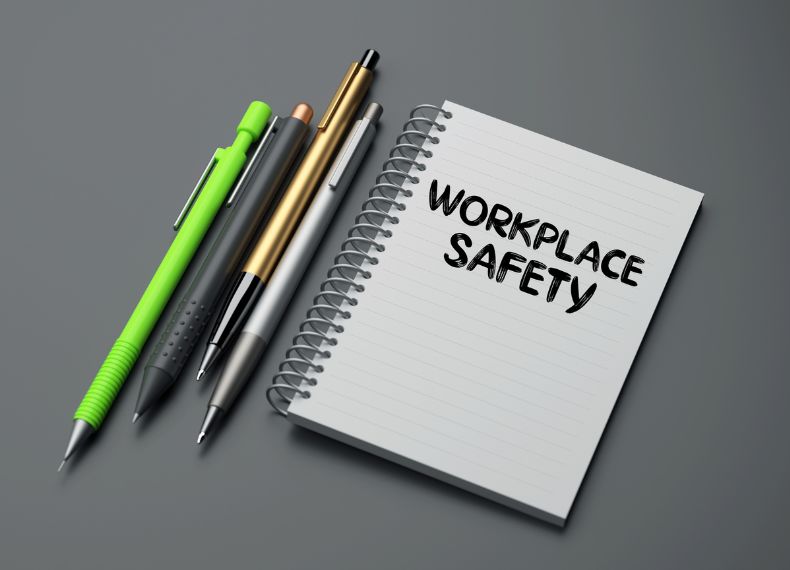Employers and business owners are responsible for providing a safe workplace, but it’s up to employees to follow safety guidelines and remain aware of potential hazards.
While each industry has its own procedures and policies, there are some general rules that everyone should follow. This doesn’t just ensure that you are safe but also protects your fellow co-workers.
Interested in learning more? Below we are going to take a look a some of these tips that will come in handy.

Wear the Appropriate Safety Gear
Wearing the appropriate gear is an important part of keeping yourself safe on the job. What you require will vary depending on your place of employment, so be sure to understand your role. Examples include things like hard hats, eye protection, gloves, and more.
Your job may also have some recommendations for the general clothes you wear, so it’s wise to invest in items that are of good quality. For instance, if you’re a farmer, you may want to check out Key Apparel to get started.
Be Mindful of Your Surroundings
Workplace safety starts with being mindful of the environment you’re in. Always look around for any potential hazards before starting a task, and pay attention to areas that may put you at risk of slipping, tripping, or falling. The proper warning signs should be posted in each location.
If you spot anything that looks unsafe, such as an uneven floor or hanging object, report it immediately to your supervisor or workplace safety officer. Additionally, make sure all electrical cords and devices are kept away from water sources and that any wet areas are marked accordingly.
Follow All Rules
Safety rules are there for a reason and ensure you can work in an environment with a minimized risk of harm. These rules should be clearly outlined where they apply so that everyone knows what they need to do in the case of an emergency.
Be sure that you read through these rules carefully and adhere to them at all times while on the site. Failure to do this can result in injury, and potentially a loss of your job.
Take Care When Operating Machinery
If you use machinery at your job—such as forklifts, power tools, or heavy equipment—always exercise caution when operating. The machine must be in good condition before using it and all necessary safety measures need to be taken (e.g., wearing protective gear like goggles, as we mentioned above).
Additionally, only operate machinery if you have been properly trained on how to do so safely. Certain licenses may be required depending on your state.
Practice Good Hygiene Habits
While you might not think it, good hygiene practices are just as important as physical safety. Always wash your hands after using the restroom and before eating lunch as this will help reduce the spread of germs and bacteria throughout your workspace.
On top of this, always clean up after yourself. Throw away trash appropriately and wipe down surfaces with disinfectant if needed. Not only is it respectful, but it reduces hazards and creates a clean and welcoming environment.
Stay Alert
Fatigue can be dangerous and can easily lead to accidents on the job site. If workers aren’t paying close attention to their surroundings and taking proper caution when performing their duties, it puts everybody at risk.
Make sure that you get plenty of rest before coming to work and stay alert throughout so that you can recognize any potential hazards quickly. If you’re feeling overworked or overtired, speak with your supervisor ASAP.
Report Incidents Immediately
If an accident occurs in the workplace, it has to be reported immediately so that proper action can be taken as soon as possible. Even if it’s a minor incident without causing any serious injury or damage, it still needs to be reported so that similar events can be prevented from happening again.
Usually, this involves filling out a form about the incident. However, depending on your place of work, you may need to see a doctor regardless of what occurred.
If you are injured, take whatever time off you need to recover appropriately. Returning too soon could result in further injury.
Conclusion
These are just a few tips on how to stay safe in the workplace but there may be other guidelines specific to you that you need to be aware of as well. Remember that safety starts with each individual employee taking responsibility for themselves and those around them!